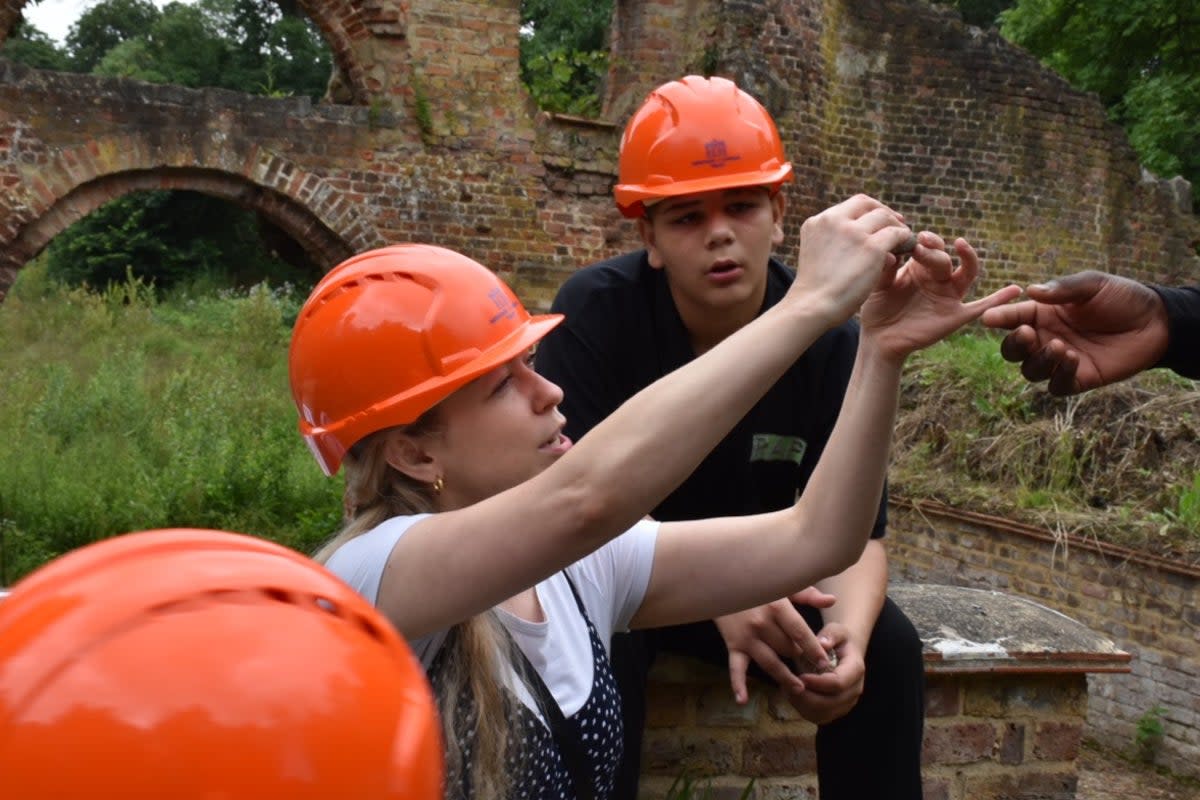Heritage of London Trust announces expansion of youth engagement programme

A London heritage charity has announced expansion of its youth engagement programme.
Heritage of London Trust is expanding its Proud Places scheme with a £750, 000 grant from the Jones Day Foundation over the next three years.
Announcing the funding, Dr Nicola Stacey, Director of the Heritage of London Trust said the “generous support” from Jones Day Foundation and Jones Day London (global law firm) will help the charity reach and “transform” the lives of more children.
“We want all future generations to find inspiration and pride in where they live. We are so proud to have reached so many children over the last three years, and hugely excited for this opportunity to expand.
John Phillips, Partner in Charge of the London office of Jones Day and a trustee of the Jones Day Foundation, said the programme had “delivered real results”.
“The Jones Day Foundation has a long history of community involvement and commitment to social inclusion and this programme is a truly innovative way of reaching young people from challenging backgrounds.
“The Foundation is delighted to renew and increase its commitment and we look forward to continuing to work with the brilliant Proud Places team.”
The grant will support the programme until summer 2026, enabling Proud Places to expand its opportunities for young people across the capital, many with particularly challenging backgrounds.
The scheme invites young people behind the scenes at heritage restoration projects, to learn new skills and discuss themes related to their local area.
The project runs for a minimum of three days, filled with visits to see the work before and during the various stages of the project, creative workshops and a return to the site on the launch day.
“Part of building this sense of community cohesion is that the children get to cut a ribbon at the end of the project, which is a really memorable experience for them,” Dr Stacey added.
The projects are overseen by stonemasons, blacksmiths, and volunteer artists.
An estimated 10, 000 young people will take part in the programme over the next three years.
The Proud Places programme launched in October 2020.
Having supported participants over the Covid pandemic, it has seen over 4, 000 children across the capital take part.
The programme’s priority groups include young people excluded from school and young people at risk of gang exploitation.
The programme also connects with refugee charities and community services who work with refugees.
“One of the wonderful things is that this programme is an opportunity for them to create bonds with each other during the visits,” Dr Stacey told The Standard.
“It has had a huge impact in (helping young refugees) build their confidence of exploring the city, and beginning to understand the country that they are now in.
“Often they are living in temporary accommodation, and they have incredibly difficult lives.
“[The extra funding] is going to enable us to build partnerships with specialist craft colleges and potentially extend the experiences and introductions that we give young people to bursaried work experience and apprenticeships.
“The programme has huge potential to roll out beyond London.”
The charity works mainly with young people aged between 11 and 18 in alternative provision but mainstream schools will also included. It will also engage some primary schools.
The work is tailored to each individual group’s needs.
It also includes career skills training at Jones Day, a global law firm which students visit for presentation and interview practice.
A study funded by Nuffield Foundation and published in January suggested receiving a permanent school exclusion increases the probability of youth custody by 33 percentage points.
The programme aims to help young people engage with learning and build local pride.
The grant funding ensures that all activities are free.

 Yahoo Movies
Yahoo Movies 
